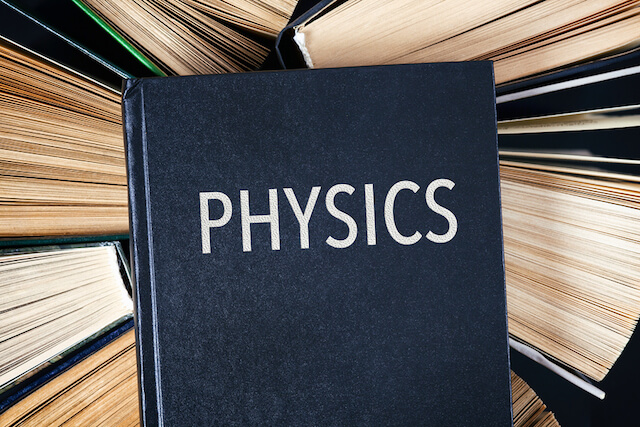How To Prepare Teenagers for O-Level English and Physics Tuition

Starting this fall, many high school students in the UK will be taking their O-Level exams in English and physics. These exams are important for students seeking to go to university, but they also come with a lot of pressure.
To help teenagers prepare for these exams, this article offers some advice on what they can do to improve their grades and marks. First, it’s important to understand the content that will be cover on the exams. Second, it’s important to practice enough so that you can answer questions quickly and easily. Third, make sure that you study in a relaxed environment where you don’t feel too much pressure. Lastly, keep in mind that no one is perfect – even top performers on these exams sometimes have to retake them. So don’t get too discouraged if you have to retake one or more of these exams!
What are the objectives of O-Level English and Physics Tuition?
The objectives of best O Level English tuition and O Level Physics Tuition are to equip students with the skills and knowledge required for further study in these fields, and to improve their understanding of scientific concepts.
Every student who attends an English or physics tuition should have the following objectives in mind: to improve reading, writing, and mathematics skills; to deepen understanding of key concepts; to develop critical thinking skills; and to increase fluency in the English language. In addition, students should aim to develop a personal interest in the subject matter and gain pleasure from learning. All of these objectives are essential for success in secondary school and university.
Why should teenagers prepare for O-Level English and Physics Tuition?
Preparing teenagers for O-Level English and Physics Tuition can help them achieve better grades and prepare for college. The syllabus for these exams is well known, so students need not worry about memorizing details. However, studying for these exams does require a lot of preparation, including practice tests and practice essays.
Teens who study for these exams will be better prepared for college-level coursework and will have a leg up on those who do not prepare. It is important to remember that the best way to learn something is to do it. Taking practice examinations and doing homework will help teens learn the material thoroughly and increase their chances of earning good grades in ip English tuition and Physics Tuition courses.
What should they do to prepare?
When you are preparing teenagers for their O-Levels in English and Physics, there are a few key things you can do to make sure they have the best possible chance of success. Firstly, it is important to ensure that they are up to date with their schoolwork. If they are not keeping up with their studies, they will not be able to focus when taking the exams. Secondly, it is essential that they have a good understanding of the material covered in the O-Levels. This can be achieve through studying the content of the syllabus and doing practice tests. Finally, it is important to provide them with support during the exam period. This can include staying on top of their revision, providing encouragement and guidance, and ensuring that they have enough time to complete the examinations.
Conclusion
It can be daunting for teenagers to prepare for their O-Levels in English and Physics, but with a little preparation and guidance from parents or guardians, they can both succeed. Here are some tips on how to get the most out of these exams:
- Make a study plan – arranging your time Wisely will help you focus more effectively during your studies, and setting regular checkpoints will help prevent any setbacks. It is also important to have fun while studying – don’t forget that learning should be enjoyable!
- Have enough materials – If you already have materials lying around the house (or if your school provides them), make the most of them by studying with proper lighting and noise levels at comfortable times. Don’t try cramming for an exam when you’re feeling stressed – this only leads to frustration and poor performance.
- Get plenty of rest – Studying all night isn’t going to do you any good if you feel exhausted afterwards. Aim for a minimum amount of sleep each night so that your brain can function at its best during exams; likewise, avoid caffeine before tests as it will disrupt your concentration even further.